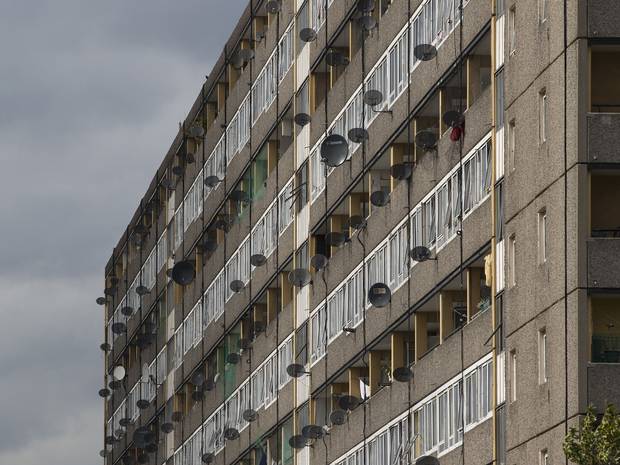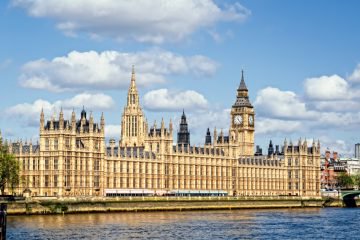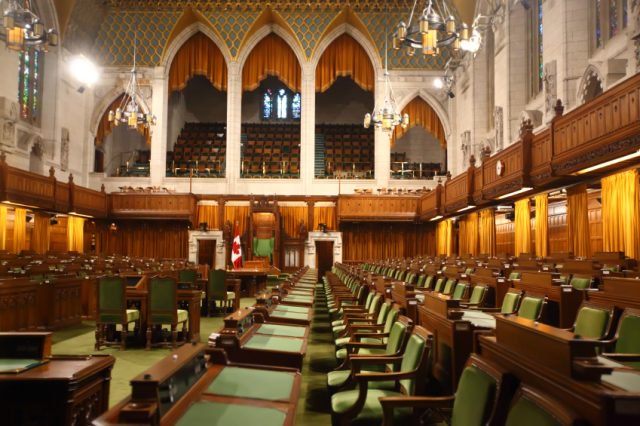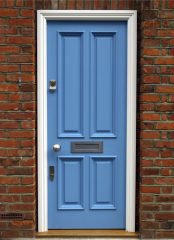40% of Homes Sold Under Right to Buy are Being Sublet
Around 40% of ex-council homes sold under the Government’s Right to Buy scheme are now being let out on the expensive private rental market, causing a new generation of landlords.
In the first national study of its kind, Inside Housing magazine revealed the shocking statistics.
The Government is planning an extension to the Right to Buy scheme, to include a further 1.3m housing association tenants. Tenants are offered discounts of over £100,000 per property in London and £70,000 elsewhere in the country.
Under the Freedom of Information Act 2000, 91 councils in England released data revealing that 37.6% of flats sold to tenants under the policy are being sublet at up to seven times the average social rent.
Campaigners have called Right to Buy “a perverse subsidy” that harms the poorest in society.
A Labour leadership candidate, Andy Burnham, says the scheme is a “disaster”.
The councils announced that they have sold 127,763 leasehold properties, mostly flats and maisonettes, but 47,994 leaseholders now live at another address, suggesting that these homes are being sublet.
Over half of the former council flats in six local authority areas are now being let privately. The highest amount, 70%, is in Milton Keynes. Stevenage, Corby and Blackpool all sold more than 60% of their stock to people who are now subletting their home.
Burnham comments: “These figures show the dramatic impact of Right to Buy on social housing stock. Social house building has effectively stopped in most of England. It is a disaster for our country, leaves families without a secure home and drives up the housing benefit bill.
“I’ve put house building at the centre of my leadership campaign. For too many people across the country today, the light of hope for homeownership has gone out.
“The Government will make this situation even worse with its plans to sell off housing association properties through Right to Buy, without any credible plans to replace them.”
He adds that under his leadership, Labour would pledge a legally binding guarantee that if a council house or housing association property is sold under Right to Buy, at least one new similar home of a similar standard and rent must be built “within walking distance.”1
Average ex-council properties now available for private rent include a four double-bedroom apartment in Archway, North London for around £3,200 per month, a two-bedroom flat in Bermondsey, South East London, for £1,700 a month and a three-bedroom maisonette in the same area for £2,400 per month.
The cheapest rent charged by a registered social landlord in London is an average of £450 per month in Lewisham, South East London and up to £559 a month in Newham, East London, according to the Greater London Authority (GLA).
Housing estates are being transformed from homeowners and council tenants to professional sharers and students. And this is not just happening in the capital.
Nick Atkin, Chief Executive of Halton Housing Trust, which owns 6,400 homes in Cheshire after a transfer from the council, says that many of these are subject to Right to Buy.
He explains: “One in four sales is made to someone who is in receipt of housing benefit, so they are often not the person buying the home. It can be friends and family, but it is also companies who offer to purchase the home on their behalf.”1
Right to Buy was first introduced by Margaret Thatcher in 1980 and picked up again by David Cameron. The scheme gives council tenants the legal right to buy the home they live in. Since the discounts were increased in 2012, almost 30,000 homes have been sold under the policy, but the supply of affordable homes has fallen sharply over the same period.
After a steady rise in the supply of affordable housing from 37,470 a year in 2004 to 60,480 in 2010, a dramatic drop caused the availability of just 42,710 affordable homes last year.
Cabinet Member for Housing in Camden – where 36% of 8,922 leasehold properties are sublet – Pat Callaghan, notes: “Over the years, I have seen many of our estates become virtual honeypots for estate agents and landlords.”1
Director of tenant group Generation Rent, Betsy Dillner, claims: “Right to Buy is a perverse subsidy that worsens the overall situation of the poorest in society. Many of these properties are home to tenants who would qualify for social housing but pay vastly higher market rents that have to be covered by housing benefit, costing us all.
“If the Government really wants to promote the dream of homeownership, they know very well that investing in the expansion of social housing would prevent prices running away from millions of aspiring homeowners. Instead, we see them again pursuing the dangerous policies for the benefit of a few.”1
Housing Minister, Brandon Lewis, says: “More council housing has been built since 2010 than in the previous 13 years. However, it is important that councils make the best use of their assets and manage their housing stock as efficiently as possible.
“So it is right that as high value council homes become empty, they should be sold to fund new affordable house building in the same area.
“Our proposals will do that and more, extending Right to Buy level discounts to over a million housing association tenants, with the homes sold replaced with new affordable homes.”1










